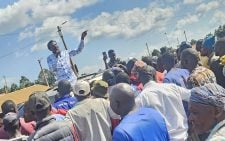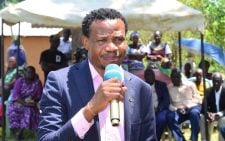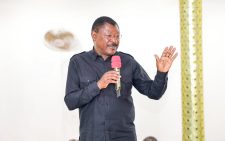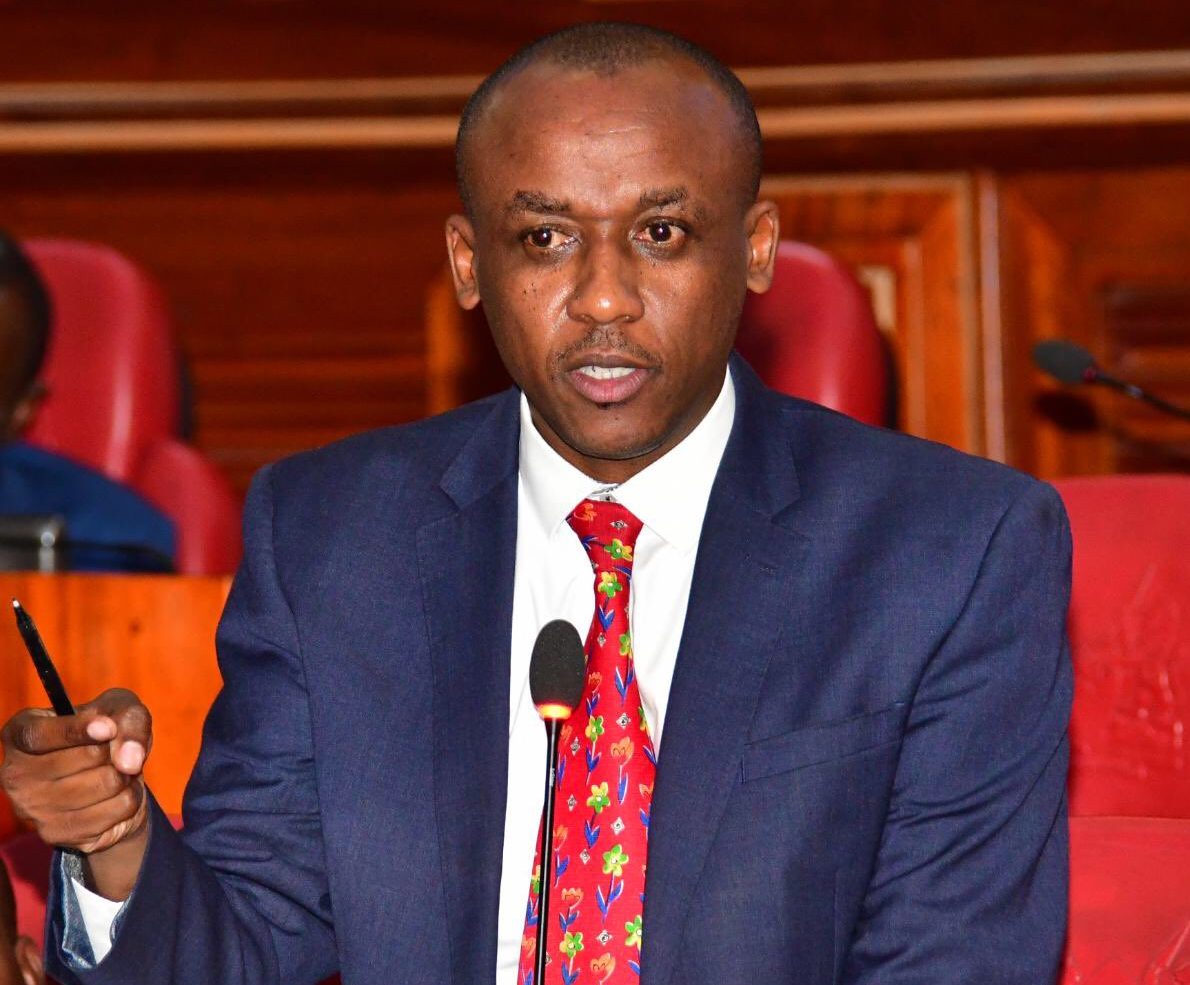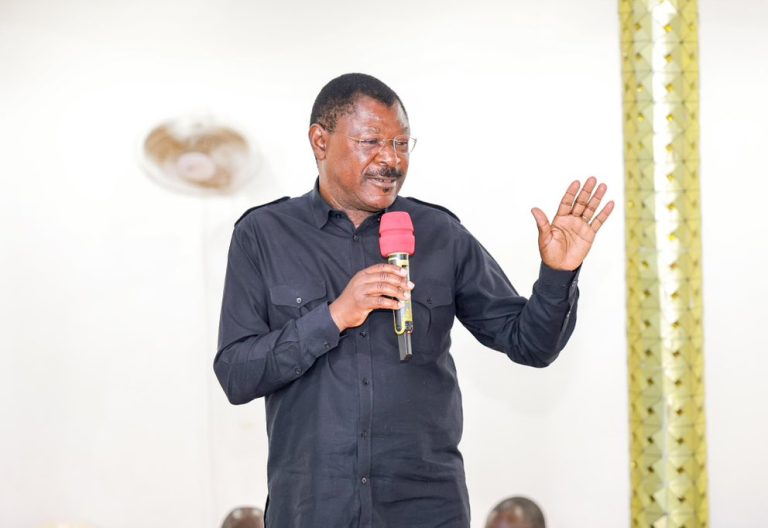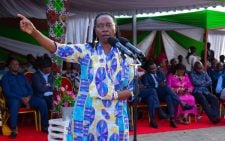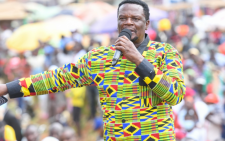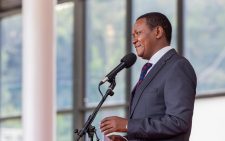Salasya accuses ODM of enabling Executive control of Ksh80B Road Fund
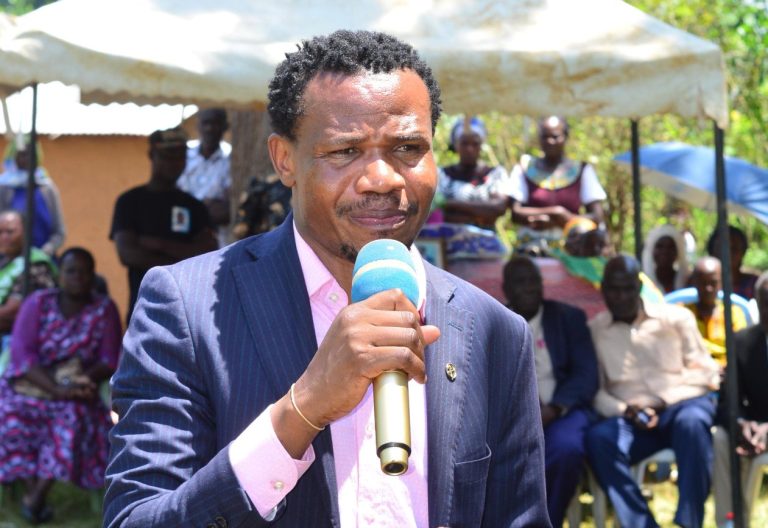
Mumias East MP Peter Salasya has launched a scathing attack on the Orange Democratic Movement (ODM), accusing it of enabling the Executive to retain control over Ksh80 billion from the Road Maintenance Levy Fund (RMLF).
However, Salasya dismissed these celebrations as a smokescreen. In a fiery post on his official X account dated June 6, 2025, he accused ODM of hypocrisy, claiming the ruling leaves Ksh80 billion of the RMLF under the direct control of the presidency.
“ODM is a useless party,” he wrote. “They are fighting for counties to get a small fraction while the Executive controls the bulk. This is a betrayal of rural Kenyans.”
Salasya’s claims come in the wake of a landmark High Court ruling that has reignited debate over devolution and equitable resource allocation in Kenya.

Notably, delivering the ruling on Thursday, June 5, 2025, Justice Mugambi issued an order declaring that Section 6 of the Kenya Roads Board Act, 1999, is unconstitutional for violating the provisions of Articles 6, 10, 186, and Section 18 of Part I of the Fourth Schedule of the Constitution.
The court also declared that the decision of the National Assembly to unilaterally remove and/or fail to provide for the county governments as beneficiaries of funds of the Road Maintenance Levy Fund (‘RMLF’) in the financial years 2024/2025 and 2025/2026 as null and void.
The High Court quashed the National Assembly’s decision that unilaterally excluded county governments from the Road Maintenance Levy Fund (RMLF) allocations for road maintenance in their respective counties.
ODM leader Raila Odinga and Narok Senator Ledama Olekina hailed the ruling as a major win for devolution, arguing it upholds counties’ ability to manage local infrastructure. In a statement, ODM described the judgment as a “significant step towards equitable development.”
Salasya contended that the new arrangement opens the door for favoritism and patronage, with funds likely to benefit counties that “praise and worship” the president. He likened the situation to the “imperial presidency” era, arguing it undermines the spirit of devolution. “They have devolved corruption to the county level while centralizing control at the top,” he said, warning that the move does little to guarantee equitable distribution of resources.
Under the previous system, he argued, the Kenya Rural Roads Authority (KeRRA) distributed funds equitably from Nairobi to the constituency level. With Kenya’s rainy season in full swing, Salasya said rural communities continue to suffer from poor roads, calling the current situation a betrayal of the common mwananchi. “I sympathize with Kenyans who are forced to endure terrible roads as leaders prioritize personal interests,” he said.
Salasya, who has styled himself as a defender of ordinary Kenyans, promised that under his envisioned presidency, all funds would be devolved directly to the people without selfish interests. “It’s only two years to freedom,” he declared, referring to the 2027 elections and calling for the retirement of “old politicians” whom he blamed for Kenya’s enduring woes.
As the dust settles on this ruling, the fate of the Ksh80 billion RMLF remains a source of fierce debate. For rural Kenyans, the hope is that the promise of devolution will finally translate into real, lasting improvements to their roads and livelihoods.
